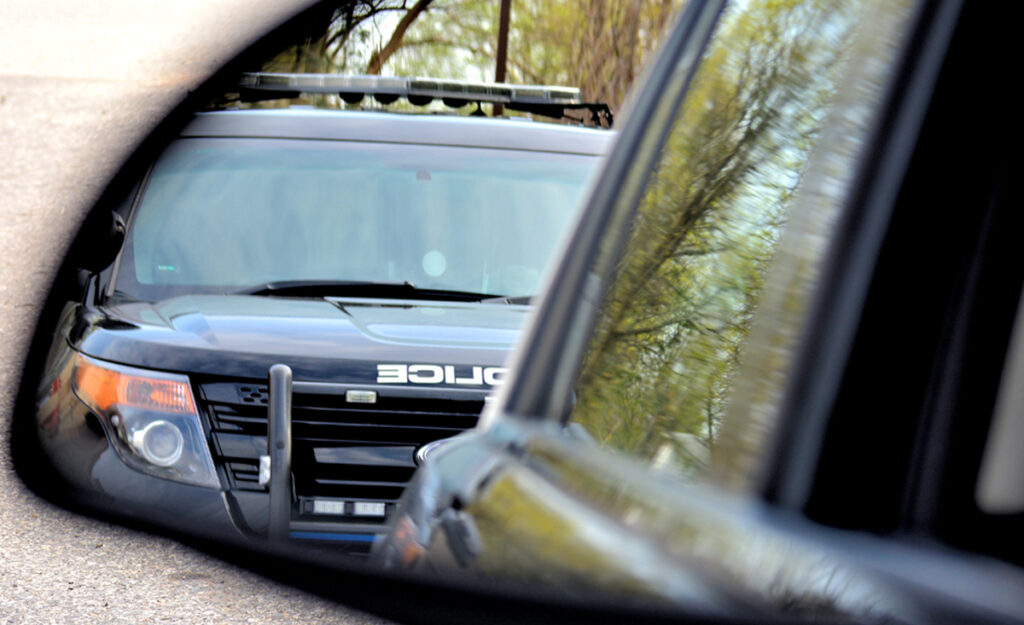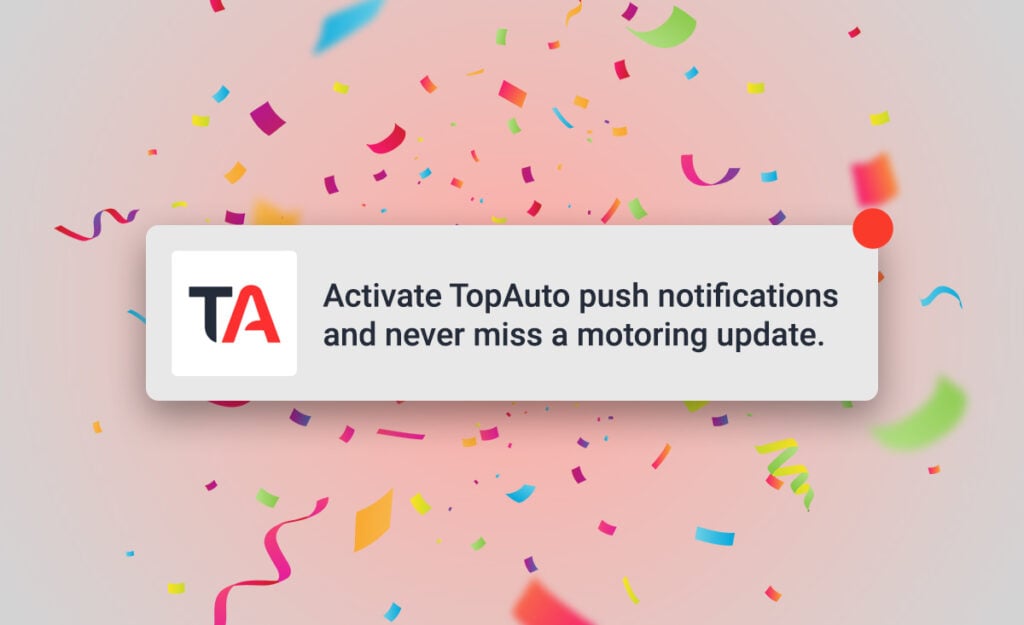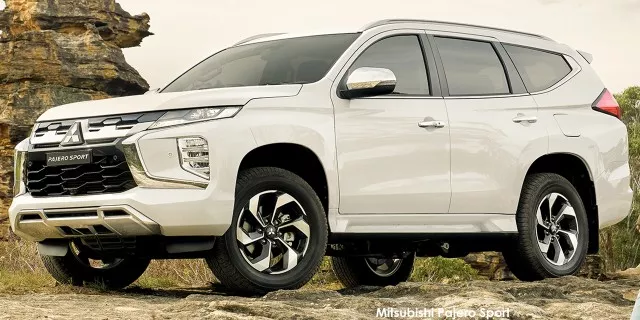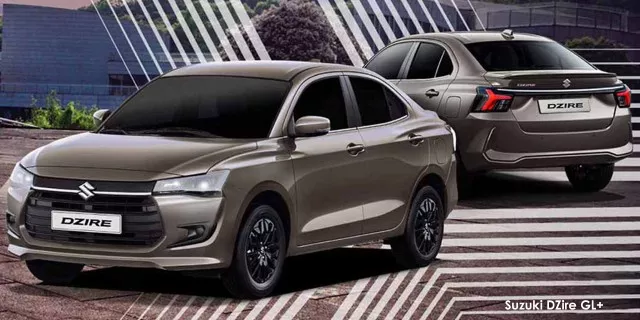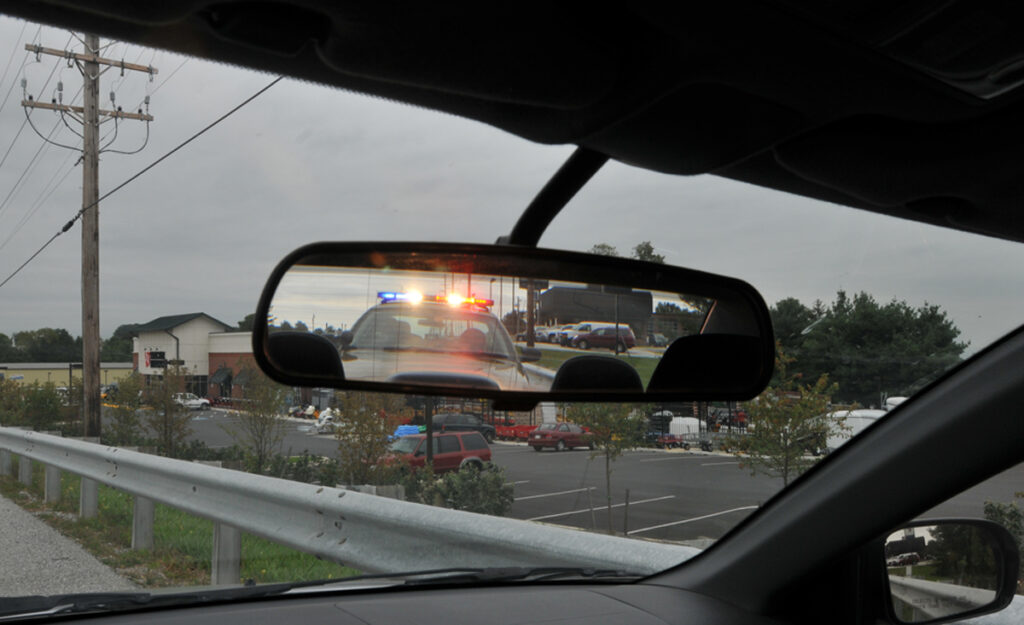
Any uniformed policeman is allowed to pull over motorists in South Africa should they have reasonable suspicion to do so.
There is a somewhat common misconception going around the country that only metro police are allowed to pull over drivers and that no other law enforcement division may do so.
This, however, is completely false.
The South African Police Service (SAPS), national traffic police, metropolitan police, peace officers, and any other official law enforcement body may pull over a motorist if they believe there is something suspicious afoot.
“The legislative framework regulating which police can pull over motorists in South Africa is shaped by a combination of acts related to police services, road traffic laws, and municipal regulations,” Stefanie Fick, Executive Director of Accountability at the Organisation Undoing Tax Abuse (Outa), told TopAuto.
“Specifically, officers in the SAPS, traffic departments, metro police forces, and specialized road traffic agencies. Only if these officers are specifically empowered by these laws can they stop and inspect vehicles to ensure road safety and compliance with traffic regulations.”
The following agencies have specific authority to do so:
- South African Police Service – Regular police officers, who are responsible for general law enforcement, can stop vehicles for traffic violations, inspections, or other law enforcement duties.
- Traffic Officers – These officers specifically focus on enforcing traffic laws. They are employed by the provincial or municipal traffic departments and have the authority to stop vehicles for traffic offenses, conduct roadblocks, and enforce compliance with traffic regulations.
- Metro Police – Municipal police in large cities (like Cape Town, Johannesburg, Durban) have the authority to pull over motorists for traffic violations and other municipal law enforcement matters.
- South African National Traffic Police – These officers, a specialized division within the SAPS, focus on traffic safety, particularly on national roads. They can pull over motorists for offenses on highways and major roads.
“Unfortunately, there is not an exhaustive list of officials who cannot perform these functions but rather, only those officials given the authority through the different laws may do so,” said Fick.
She furthermore highlighted a rare case in which non-authorised bodies can pull over motorists.
Normal citizens like you and I, or entities such as neighbourhood watches and private security, may perform what’s called a “citizen’s arrest” – but this can only be done under very rare circumstances.
For example, if someone witnesses a person fleeing a house robbery, they may chase them own, pull them over, and subdue them until the authorities arrive.
However, Fick warned that citizens should be weary of taking the law into their own hands as it could backfire on them.
Keeping your own safety in mind
While you’re required to pull over when law enforcement instructs you to, Fick emphasised that motorists must keep their safety in mind when they are being flagged down.
There has been a surge in police impersonations in South Africa in recent years where criminals pose as legitimate officers and pull over unsuspecting motorists only to hijack, rob, or kidnap them.
These syndicates are convincing as they often wear real police uniforms and drive branded cars.
Fick said that if an official is attempting to stop you and you feel unsafe, especially at night, you can slow down, put on your hazards, and drive to the nearest police station, petrol station, shopping mall, or other place where there are people around who can intervene should things go south.
Additionally, she highlights that law enforcement must have “reasonable suspicion” to justify pulling over a driver, they can’t simply make you stop to check your boot because they feel like it.
For example, if you are swerving across the road late at night, an officer has reasonable suspicion to think you are under the influence and are within their right to ensure you’re not.
Or, if your number plate is flagged as having a warrant for arrest, or if your car is highlighted as possibly being stolen, the police can intervene in your travels.
Fick therefore encourages citizens to record their interactions and other details like badge and vehicle numbers through things such as photos, video, and voice recordings when pulled over so that it can be used as evidence if the situation goes awry.
She also said to always remain calm and be polite with the officers as you can take the necessary legal action after the fact, if required.
